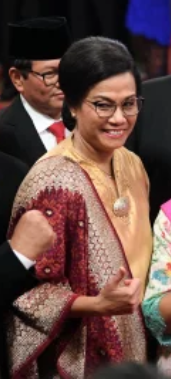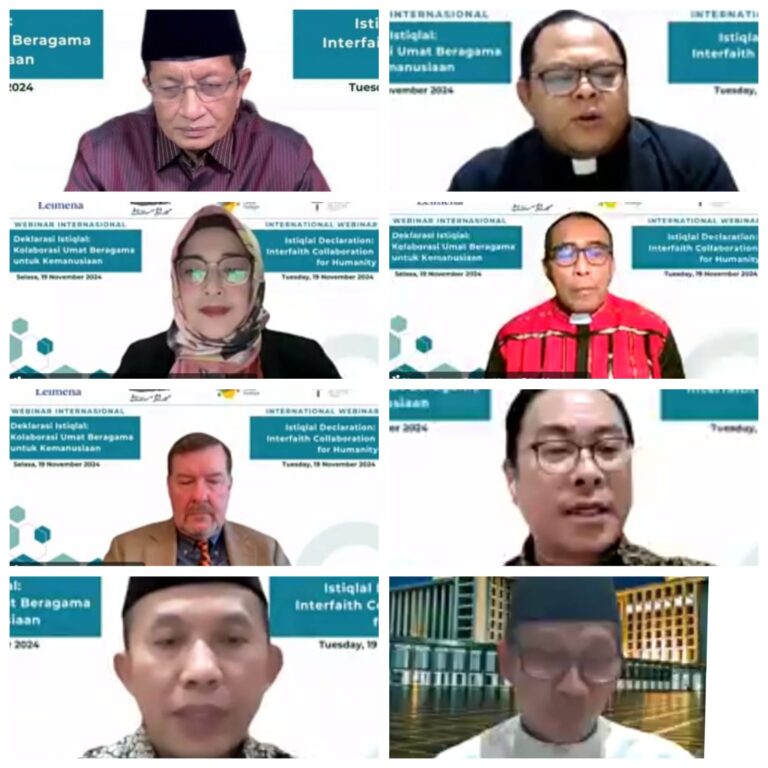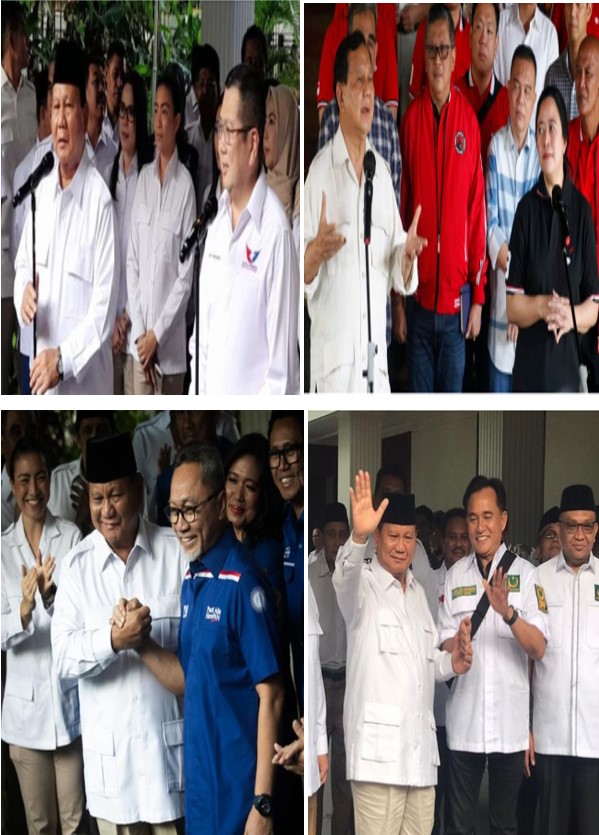
STRATEGIC ASSESSMENT. According to Tito Ambyo, award-winning Indonesian/Australian journalist and lecturer and a PhD Candidate at RMIT University in Melbourne, Australia on Indonesia in Melbourne, Indonesia’s next general election in 2024 will be a big one. Young voters have helped decide the last two general elections. It was millennials behind online movements, like Kawal Pemilu, which helped young Indonesians closely monitor election results in 2014 and 2019.
However, this time, a new generation comes of age: Generation Z. And with them, a new online movement has emerged in the form of Bijak Memilih, a website helping young Indonesian’s better understand the political landscape – its parties, its candidates, and their track records and policies – before they vote.
It began as a partnership between the public policy advocacy platform Think Policy and the youth media outlet What Is Up Indonesia. They are also building communities around Indonesia, through online and offline events, to help young Indonesians find their voices and vote based on the facts.
Abigail Limuria, co–founder of What Is Up Indonesia, and Dharmadji Suradika, founder of Pemimpin.Id, are both core members of the Bijak Memilih team, which just launched the first phase of its website. They chat with Tito Ambyo about their motivations for building the website, the problems they are trying to solve and their plans for the future. In 2023, the Talking Indonesia podcast is co-hosted by Tito Ambyo from RMIT, Dr Jacqui Baker from Murdoch University and Dr Jemma Purdey from Deakin University.
Meanwhile, Bob Herrera-Lim, Managing Director on Teneo, the consensus for the past year has been that Central Java Governor Ganjar Pranowo was the favorite to win the 2024 elections, based on the early surveys that identified him as the front runner and with the expected popular benefit from being President Joko Widodo’s preferred successor. This status, together with the perception that he best represented continuity with the current administration, led to relatively sanguine expectations about next year’s election outcome.
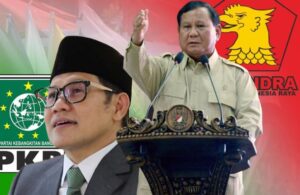
Over the past month, however, Defense Minister Prabowo Subianto has taken the lead in multi-candidate and head-to-head surveys. One interpretation is that this is only a temporary setback for Ganjar, and that his numbers will recover, especially with the Indonesian Democratic Struggle Party (PDI-P) last month having confirmed him as its candidate.
The adverse effects of his decision to support PDI-P’s position to exclude Israel from the Under-20 FIFA tournament that was supposed to be hosted by Indonesia, but which has been moved to Argentina because of the controversy, may also start to fade.
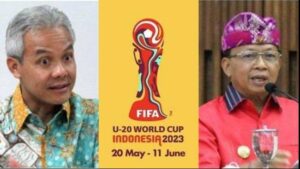
According to Novia Fadhilla Sari, CEO of Kayonara and Baladesa on Modern Diplomacy, counting months toward the Indonesia presidential election held in February 2024, many have declared names to be candidates for Indonesia Presidential Election. Looking at the previous cycle, the momentum will be a great opportunity for Indonesians to communicate their aspirations–including demand to become more sustainable.
Since this world pressing issue (sustainability) is not only imperative to the government but also business and surely influences individual day to day life, will this concern relevance for the upcoming 2024 presidential election in Indonesia to attract especially those, the youth? How powerful are Indonesia ‘s young voters to shift Indonesia’s future to be more sustainable?
As predicted by CSIS through their survey in August 2022 (Rilis Survei Pemilih Muda dan Pemilu 2024: Dinamika dan Preferensi Sosial Politik Pasca Pandemi), youth will have the highest portion of voter population accounted for about 54% with increasing numbers of participation from election in 2014 (85.9%) to 2019 (91.3%) as per katadata.id.
Which means, young voters (age: 15-39), Z generation (age 17-23) and Millennial generation (age 24-39), have huge opportunities to bargain with their demand– including to embrace and emphasize Indonesia sustainability needs since the decisions made by them today will have a profound impact on their future as well as their planet.
Max Lane, Visiting Senior Fellow at the ISEAS – Yusof Ishak Institute on Fulcrum, when Megawati Sukarnoputri announced that the Indonesian Democratic Party of Struggle (PDI-P) would nominate Ganjar Pranowo as its presidential candidate, the country’s fever of coalition negotiations was given a firmer framework.
Immediately the speculation turned to two other interrelated questions. First, who would be Pranowo’s rival or rivals and second, who might be his vice-presidential running mate?
Will Pranowo face one or two rivals next February: Defence Minister Prabowo Subianto and former Jakarta governor Anies Baswedan running together, or just one of them? Who will be each presidential candidate’s running partner? What is clear is that ideology or policy differences are not key factors for Indonesia’s voters.
The only question is: who has the best “elektabilitas” (electability). That is, who has the best of chance of winning, with victory bringing the booty? How to put oneself or one’s party in the best position for Cabinet and other positions in the new government?
It is, of course, very likely that if Pranowo wins the presidency, he will still end up appointing figures from the same seven parties in the current government. Even in a Prabowo or Baswedan government, most of the same parties would be involved.
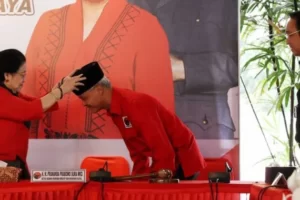
Tenggara Strategics, The Jakarta Post, with the ruling Indonesian Democratic Party of Struggle (PDI-P) settling on Central Java Governor Ganjar Pranowo as its presidential candidate, the other parties are readjusting their positions with regard to their own nominations ahead of the 2024 elections. Parties that in the past formed alliances to field common candidates are revisiting their positions, and some are contemplating joining the PDI-P in supporting Ganjar’s candidacy.
After PDI-P chair Megawati Soekarnoputri announced Ganjar as the party’s candidate on April 21, negotiations on forming alliances are taking a more serious tone than they have in the recent past. Party leaders have held meetings, some widely covered by the media, but the real negotiations are taking place behind closed doors.
Ganjar is the only presidential candidate that has secured the presidential ticket. The PDI-P won enough seats in the 2019 legislative elections to have the automatic right to nominate its presidential and vice-presidential candidate. All other parties must pool their House of Representative seats to meet the threshold in fielding candidates.


